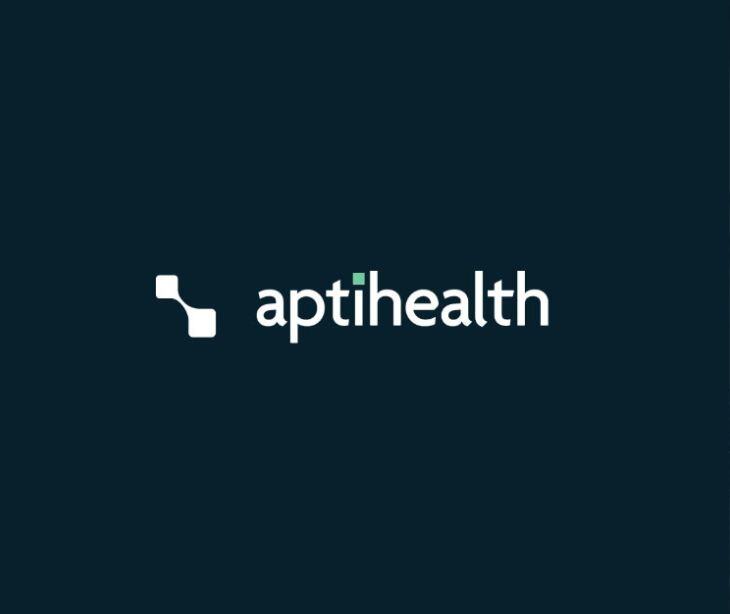2 min read
3.8 million patients impacted by healthcare data breaches in June 2024
Farah Amod
Jul 30, 2024 9:48:29 AM

According to the Office for Civil Rights (OCR) Breach Portal, the healthcare industry is recovering from a series of data breaches that affected 3.8 million patients in June 2024.
Dissecting the June 2024 healthcare breaches
Hacking incidents
The healthcare industry's reliance on digital technologies has made it a target for cybercriminals, and this was evident in the June 2024 breach statistics when 65% of the affected patients, totaling over 2.5 million individuals, were impacted by hacking incidents.
Unauthorized access and disclosure
In addition to the prevalence of hacking incidents, the healthcare sector also grappled with unauthorized access and disclosure of protected health information (PHI). These types of breaches represented 34% of the total patients affected or 1.3 million individuals.
Improper disposal and theft
While hacking and unauthorized access incidents dominated the June 2024 breach report, healthcare organizations also faced challenges with improper disposal and theft of PHI. These incidents, though fewer in number, still impacted 4,018 patients, representing 0.11% of the total affected individuals.
Read more: HIPAA Breach Report for June 2024
Preventing healthcare breaches: a multifaceted approach
Healthcare organizations can strengthen their security posture and better protect their patients' sensitive information by addressing the root causes of the June 2024 incidents:
Security risk assessments and remediation
Conducting regular security risk assessments is a step in identifying vulnerabilities and developing effective remediation plans. These assessments aim to pinpoint weaknesses in an organization's security practices, enabling them to address any identified deficiencies and enhance their overall security posture.
Employee cybersecurity training
A big portion of hacking incidents can be attributed to phishing attacks, which often exploit the human element of security. Employee cybersecurity training is beneficial in equipping staff with the knowledge and skills to recognize and respond to potential threats.
Policies, procedures, and access controls
Effective HIPAA compliance, including the implementation of policies, procedures, and access controls, is fundamental to preventing unauthorized access and disclosure of PHI. Healthcare organizations must ensure that their policies clearly define the appropriate use and disclosure of patient information and that employees are thoroughly trained on these guidelines. Additionally, user authentication, access controls, and audit controls can help enforce the principle of minimum necessary access, ensuring that PHI is only accessed by authorized individuals.
Secure PHI disposal practices
Proper disposal of PHI, both in physical and electronic formats, is necessary to safeguard patient privacy. Healthcare organizations should adhere to HHS-recommended methods, such as shredding, burning, pulping, or pulverizing paper records, and degaussing, clearing, or physically destroying electronic media.
FAQs
How did healthcare providers, business associates, and health plans fare in the June 2024 breaches?
Healthcare providers were the most affected, reporting 33 incidents that impacted 3.5 million patients. Business associates reported 6 incidents affecting 273,373 patients, while health plans reported 7 incidents affecting 25,905 patients.
Are healthcare breaches subject to HIPAA regulations?
Yes, healthcare breaches are subject to HIPAA (Health Insurance Portability and Accountability Act) regulations, which set standards for the protection of sensitive patient information.
Do I need consent to disclose information related to healthcare breaches?
Yes, obtaining consent is necessary to disclose information related to healthcare breaches, as it ensures compliance with patient privacy rights and HIPAA regulations.
What tools or methods can I use to prevent and address healthcare breaches?
Healthcare professionals can use encryption software, access controls, secure communication platforms, and regular security audits to prevent and address healthcare breaches effectively. Additionally, maintaining updated security protocols and employee training is necessary in safeguarding sensitive patient data.
Learn more: HIPAA Compliant Email: The Definitive Guide


%20(6).jpg)

